KUALA LUMPUR, April 12– Pasar Seni used to serve as a meeting point for those in and outside the city to meet and gather for their weekend activities, or simply to “lepak”, because of its strategic location near the Klang Bus Station and the LRT Station.
It is also well known among tourists, locally and from abroad, because this is where they can buy various handicrafts and souvenirs such as batik, wood carvings, portrait paintings, pewter, songket and key chains to take home for relatives and friends.
In fact, Pasar Seni, also known as Central Market (CM), used to be the venue where many street musicians and poets in the 80s and 90s such as Kopratasa, Loloq, Nasir Jani, and Pyan Habib, performed before making a big name in the local arts and performing industry.
Pasar Seni was such a special place that visits organised by schools from outside Kuala Lumpur then would be incomplete if it was not in the itinerary.
However, Pasar Seni, which was originally the Kuala Lumpur Central Market before the place was upgraded in 1985, no longer looked as ‘cheerful’ as it was before, getting less and less visitors everyday with the existence of many departmental stores and shopping complexes, and now due to the COVID-19 pandemic.
The situation is acknowledged by a handicraft trader there who requested to be identified only as Jehan, 40, who said that his sales had dropped significantly as there were less visitors, including locals, coming to the place with inter-state travel still not allowed and the country’s border still closed to foreign tourists.
Jehan, who has been operating his business at Pasar Seni for 15 years, said his shop is opened from 10am to 6pm, but the sale he made was only between five to 10 percent of the sale he made before the pandemic.
“There is almost no business. For example, this week, our sale was only RM100. Luckily, the management has reduced the rental rate of the business lot by up to 50 percent, but if there is no sale, it still burdens us, ”he told Bernama recently.
For portrait painter Baim Zakaria, 55, the COVID-19 pandemic is forcing him to work harder, as well as not wait for customers to come to him.
“I offer delivery service, where I’II deliver the finished portrait to my customers, instead of waiting for them to come and get the paintings at the gallery,” he added.
“Because of COVID-19, many people are afraid to leave the house, and I get lesser and lesser customers,” said the owner of Baim Zakaria Art Gallery, which has produced more than 10,000 portraits since 1987.
Meanwhile, Farah Izzati Mohd Dani, 26, a private sector employee from Petaling Jaya, said she still preferred to go to Pasar Seni than the shopping malls because of its uniqueness.
“Walking here (Pasar Seni) is like being in Penang Street Art, makes me feel like I’m a tourist. I like it here because of the various handicrafts and work of arts, she said.
Another visitor, Saiful Rahimi Mat Yusowf, 37, said not many people come to Pasar Seni because it only sells handicrafts and souvenirs, although it has a food court.
“During these hard times and an uncertain economic situation, many people lost their jobs, so, people are careful with their spending and only spend on what is necessary,” he added.
Meanwhile, Central Market Sdn Bhd Complex manager Cheong Wai Mun did not deny that the number of foreign tourists coming to Pasar Seni had dropped due to the COVID-19 pandemic, but the place is still a hot spot for the city folks, especially on weekends.
“Before, we had many foreign tourists, but now the number of local visitors is increasing, especially on weekends,” he added.
Soures: BERNAMA

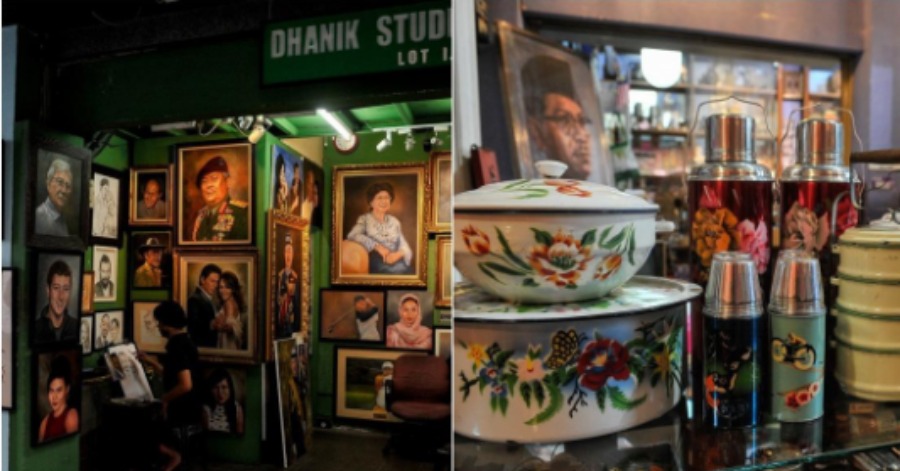

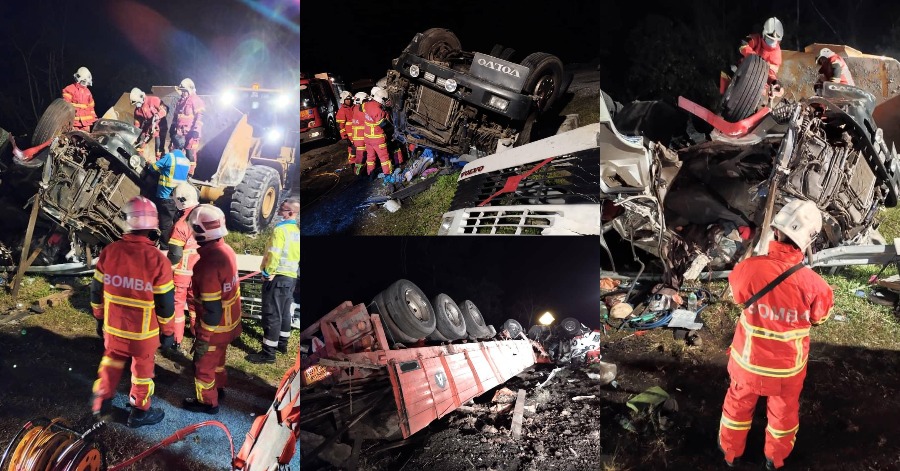

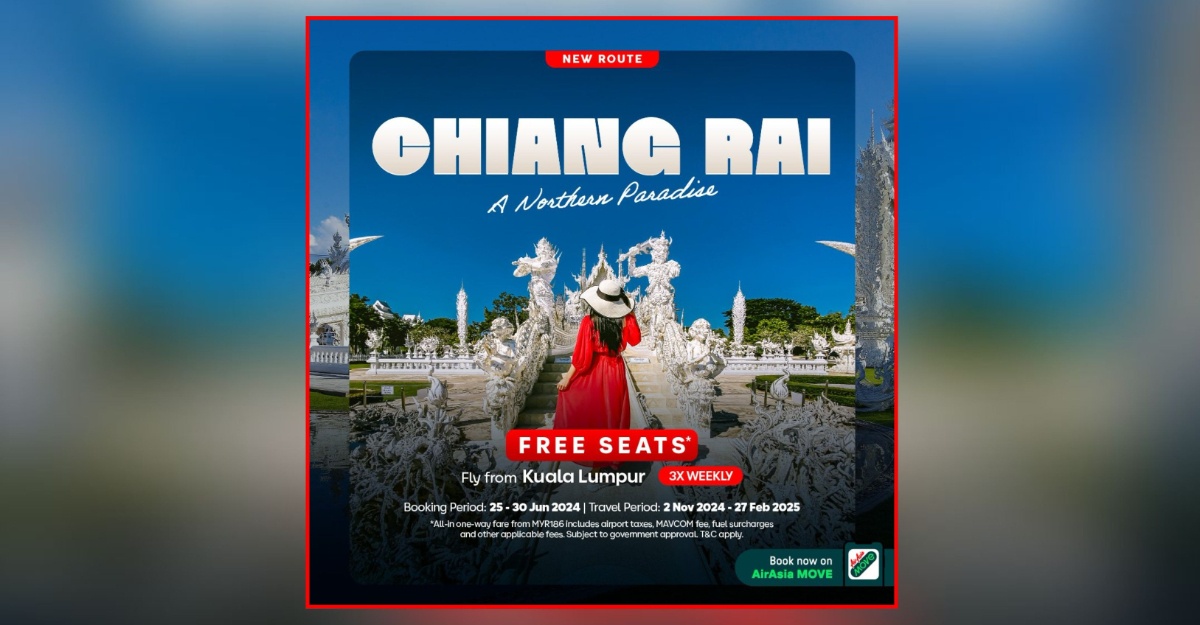
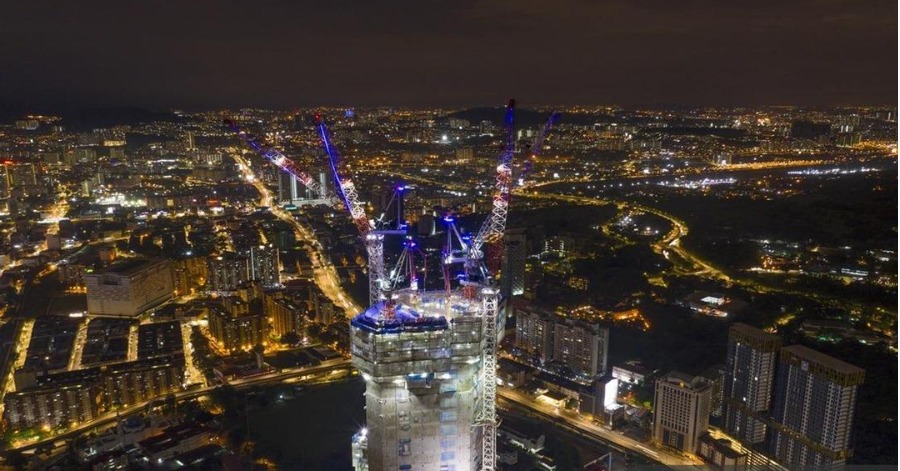
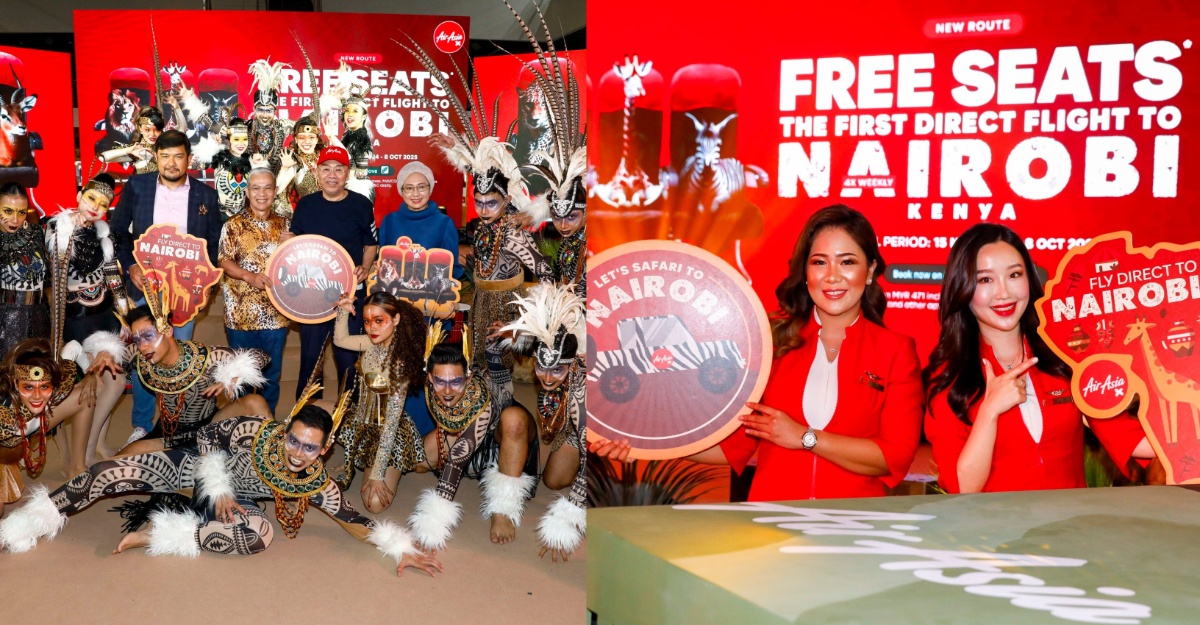
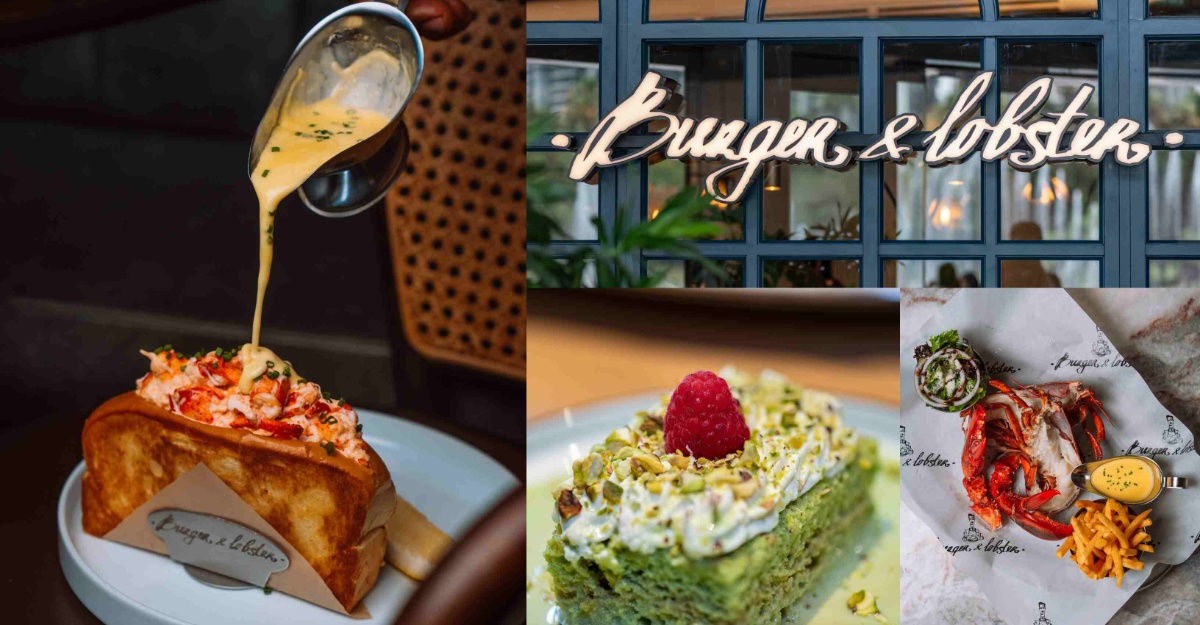
Leave a Comment